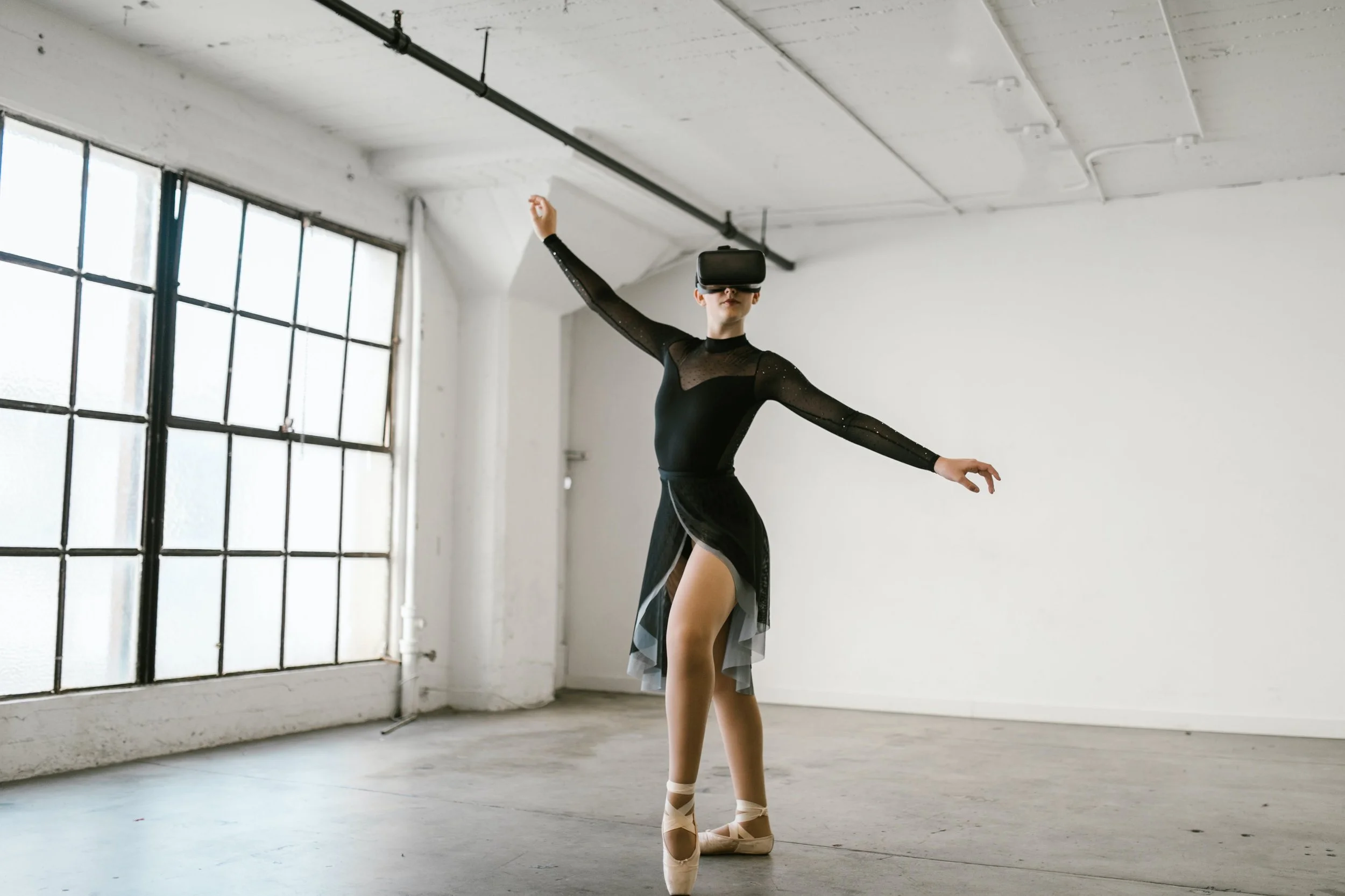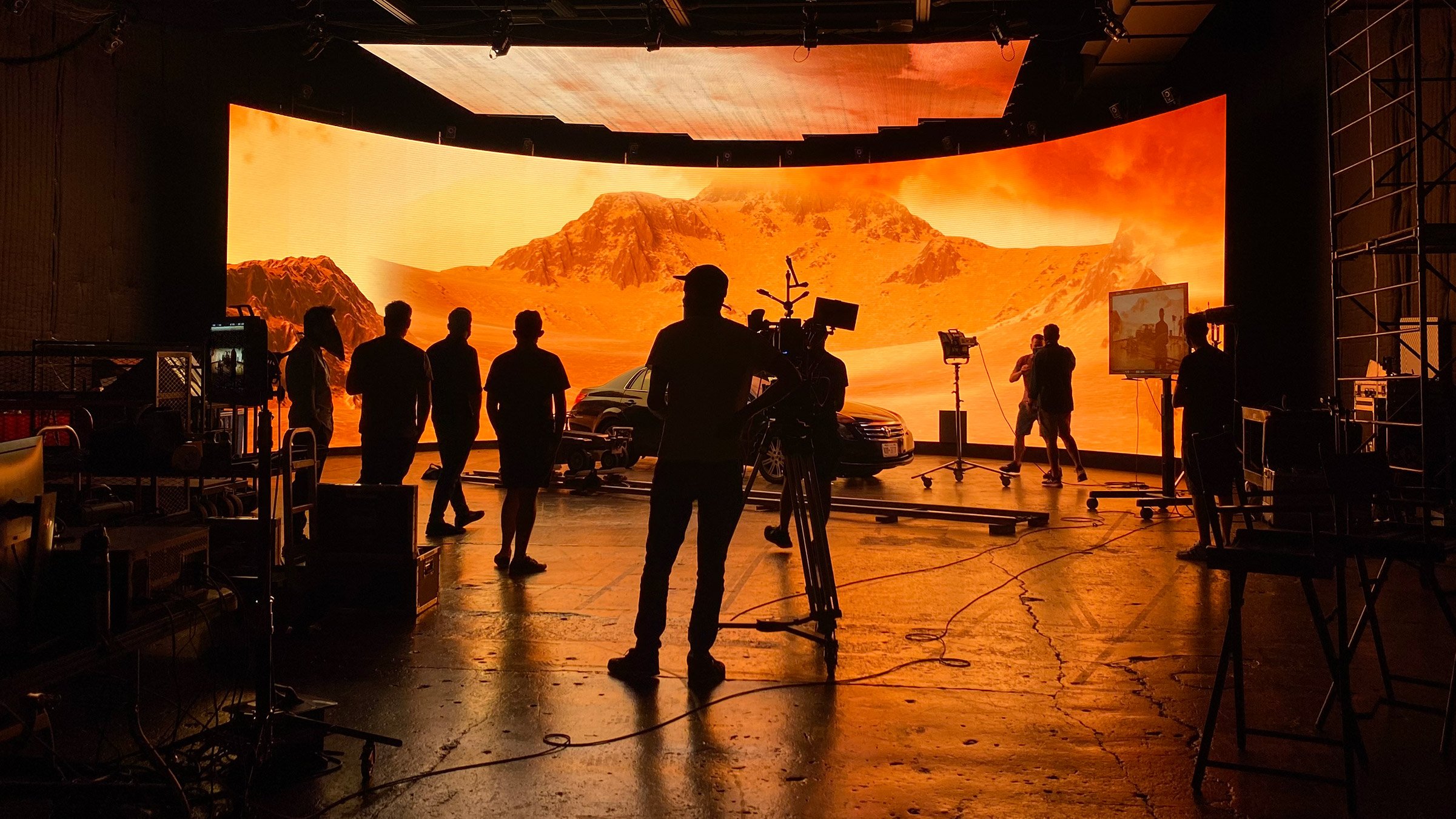In the realm of dance, AI has revolutionized training, choreography, and performance. This article explores AI’s impact on the dance industry, and its potential to enhance accessibility, not only for dance but for performing arts at large.
Horizon 2028 Part 2: Audience and Industry Interview Perspectives
Horizon 2028 Part 1: The Future of Global Content Licensing
This report considers content and distribution strategies that allow Paramount Global Content Distribution (PGCD) to maximize subscriber growth and external licensing revenue. Given the symbiotic nature of licensing deals among studios, the research team focused on how PGCD can remain competitive in the streaming landscape with a balanced mixture of internally and externally licensed properties.
Hurdles Made of Dollar Bills: The Gatekeeping of a College Education in Musical Theatre
For this analysis, author Ashley Offman has analyzed Playbill's Top 10 List from the most recent Broadway season. To fully understand the opportunities available for those who are trying to enter the industry, Ashley analyzed the costs of the current (as of November 2023) top 10 most represented schools on Broadway, the competition surrounding the process, and the possible consequences of the Supreme Court’s ruling to end affirmative action.
Engaging the Next Generation Audience for the Legacy Music Artist: Les Paul Case Study
The following research was designed to gain an understanding of the legacy artist to further develop the Les Paul brand and increase recognition surrounding his name. The research team examined strategies for re-introducing Paul in an over-saturated media climate to younger generations through both quantitative and qualitative analysis.
To Stream or Not To Stream: Is that the right question anymore?
The current status of digital programming and investment varies widely across the arts and cultural sector. Some organizations have abandoned the streaming technology they experimented with, while others continue to incorporate digital programs and performances into their offerings. The following research reveals U.S. streaming trends and audience behaviors.
9 Ways Blockchain is Changing the Film Industry
AI and Virtual Production: The Past Meets the Future
Technology has played a critical role in the film industry since its inception. Advances in the film industry are always closely related to technological advances in society, integrating them quickly into the filmmaking process. Almost every aspect of filmmaking, from pre-production to post-production, from digital cameras, editing software, sound and music, distribution, exhibition, and of course, special effects, has undergone major changes and has evolved over the last 190 years.
Contemporary, traditional film production involves building physical sets, scouting locations, and coordinating large crews and equipment, all of which can be time-consuming and expensive. To overcome some of these "problems" or “needs” was born what we know today as Virtual Production. Virtual production has and will be further enhanced by the opportunities afforded by artificial intelligence.
Massive Software’s Influence on Popular Fantasy Film
Massive Software creates hordes of fantasy armies using Artificial Intelligence and in doing so it has changed the fantasy entertainment game. Their realism is largely due to fuzzy logic, a “way to create naturalistic and subtle behavior” that human viewers will interpret as realistic and powerful. This combined with emergent technology offers a wide array of opportunity for creators.
Jazz Artists and the Business of Music: Digital Collaborations and Live Streaming
Throughout history, jazz has been on the cutting edge of social and cultural change. It has always represented a means of freedom and self-expression in both the brightest and darkest of times. Jazz artists have historically pushed the boundaries of their own genre, as well as others. How does the genre continue to transform in the digital age?















